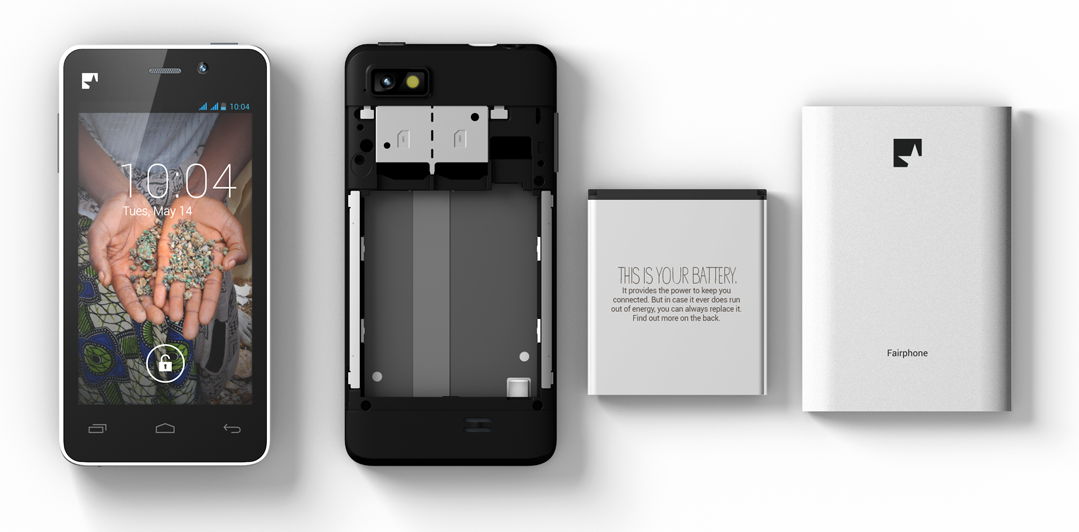While some folks are itching to get their hands on the new iPhone 6 or the Samsung Galaxy Alpha, I’m looking forward to the day that Fairphone releases its ethically-constructed smartphones in the United States. The start-up has a jump on the next stage in the evolution of mobile technology by producing phones with conflict-free minerals in safe and happy factories with as much recycled material as possible. So far, they’ve sold about 24k phones out of their current 35k batch, but that hasn’t stopped them from getting the outside community involved with their product with their latest Open Design Contest, the Fairphone Accessory Challenge.
After already partnering with 3D Hubs to manufacture smartphone cases, Fairphone is continuing to promote distributed manufacturing through 3D printing technology. The smartphone manufacturer has now teamed up with Waag Society and Schrijf-Schrijf to host a design challenge for the best 3D printed accessory for their Fairphone, saying in a blog post, “Help us create something that protects, that holds, that shows, that looks fashionable, that… whatever you need! It does not have to be a case like we all know it, it can be more: an accessory that enhances your phone.”
Anyone in Europe can submit their designs to be voted on by the public via the Fairphone webshop. Three finalists will win an all-expenses paid trip to Amsteram, where they will receive a two-day master class to create their case with 3D printing specialist Joris van Tubergen and the Fairphone design team. One final winner will be chosen after the class to have their case promoted on the Fairphone downloads page under a CC-BY-NC-SA license with the possibility of selling the accessory through their webshop.
Altogether, Fairphone is attempting to create a more sustainable, egalitarian method for manufacturing goods. Aside from the production of the phones themselves, the company hopes to use decentralized method for making their accessories as well, all the way down to the their Open Design Contest, which enables unknown designers a chance to have their products sold to consumers. All that’s missing from their model is a worker-owned co-op, like the Mondragon Corporation.



